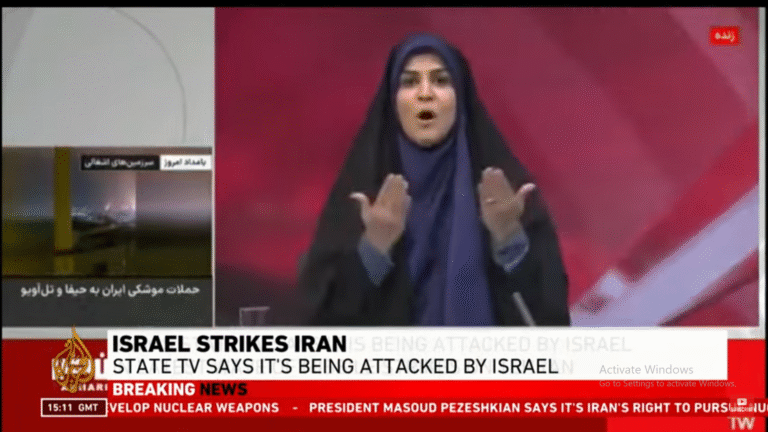
📰 Flashback: The Day Israel Shocked the World by Bombing Iraq’s Nuclear Reactor
On June 7, 1981, the world woke up to a stunning development—Israel had carried out a surprise airstrike on Iraq’s Osirak nuclear reactor near Baghdad. The mission, known as Operation Opera, marked a turning point in modern warfare and raised urgent questions about preemptive military action, nuclear proliferation, and international law.
The UN Security Council strongly condemned the attack, labeling it a violation of international norms and Iraqi sovereignty. But Israel insisted it was a necessary act of self-defense.
🎯 Why Did Israel Bomb Iraq’s Nuclear Reactor?
At the heart of the strike was Israel’s deep fear that Iraq, under Saddam Hussein, was secretly developing nuclear weapons. Though Iraq claimed the Osirak reactor was for peaceful purposes, Israeli intelligence suspected otherwise.
“We chose to act before it was too late,” said then-Israeli Prime Minister Menachem Begin, adding, “No Israeli government will ever allow an enemy to develop weapons of mass destruction.”
The Israeli Air Force launched the attack using eight F-16s and six F-15s, flying over enemy airspace for over 600 miles in a daring, low-altitude mission. The strike destroyed the reactor in less than two minutes—without any civilian casualties.
🌍 Global Reactions: Applause or Outrage?
- The United Nations passed Resolution 487, which condemned Israel’s action and demanded that it refrain from such attacks in the future.
- The U.S., France, and the UK criticized the attack initially but later acknowledged Iraq’s growing threat.
- Arab nations called it a blatant act of aggression and rallied behind Iraq in the aftermath.
Yet years later, during the Gulf War in 1991, some world leaders acknowledged that Israel may have prevented Saddam from gaining nuclear capabilities.
🧠 Strategic Impact of the Strike
While the mission was condemned diplomatically, it set a precedent for future preventive strikes. It also:
- Delayed Iraq’s nuclear ambitions by at least a decade.
- Influenced Israeli military doctrine, reinforcing its commitment to act unilaterally when national security is threatened.
- Sparked global debates on the legality and ethics of preemptive military actions.
🔁 Lessons for Today’s Conflicts
In today’s tense Middle East climate—especially with Iran’s nuclear program under scrutiny—many analysts reference the Osirak bombing as a historical example of preventive warfare.
The 1981 airstrike remains one of the most significant military operations in Israeli history and continues to influence strategic policy and international relations to this day.
📌 Conclusion: A Strike That Changed Global Policy
Israel’s 1981 bombing of Iraq’s nuclear reactor shocked the world, drew widespread condemnation, but also changed how nations perceive threats and respond to them. As debates around nuclear security and preemptive strikes resurface in today’s geopolitics, Operation Opera stands as a powerful reminder of how one mission can alter the course of history.




